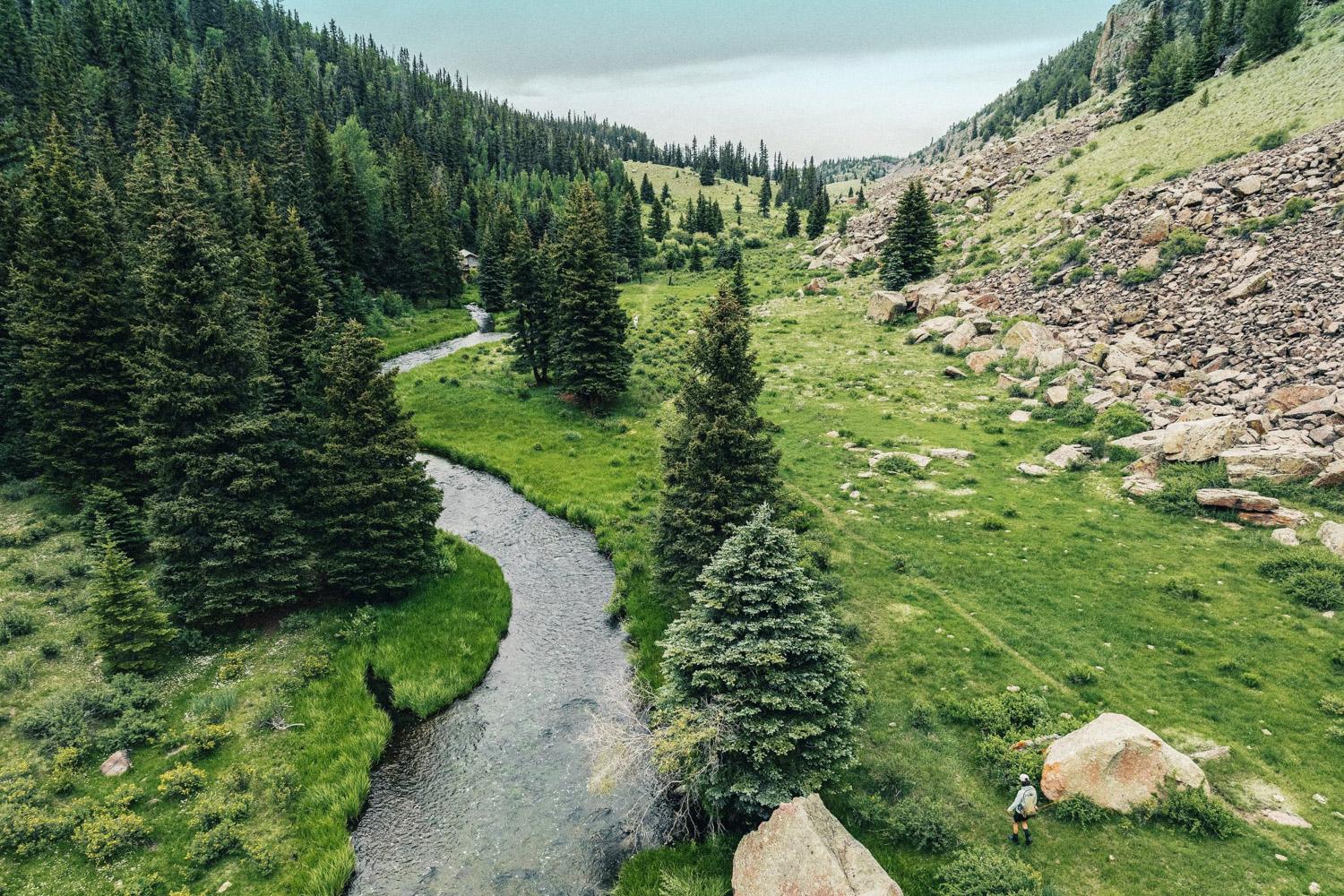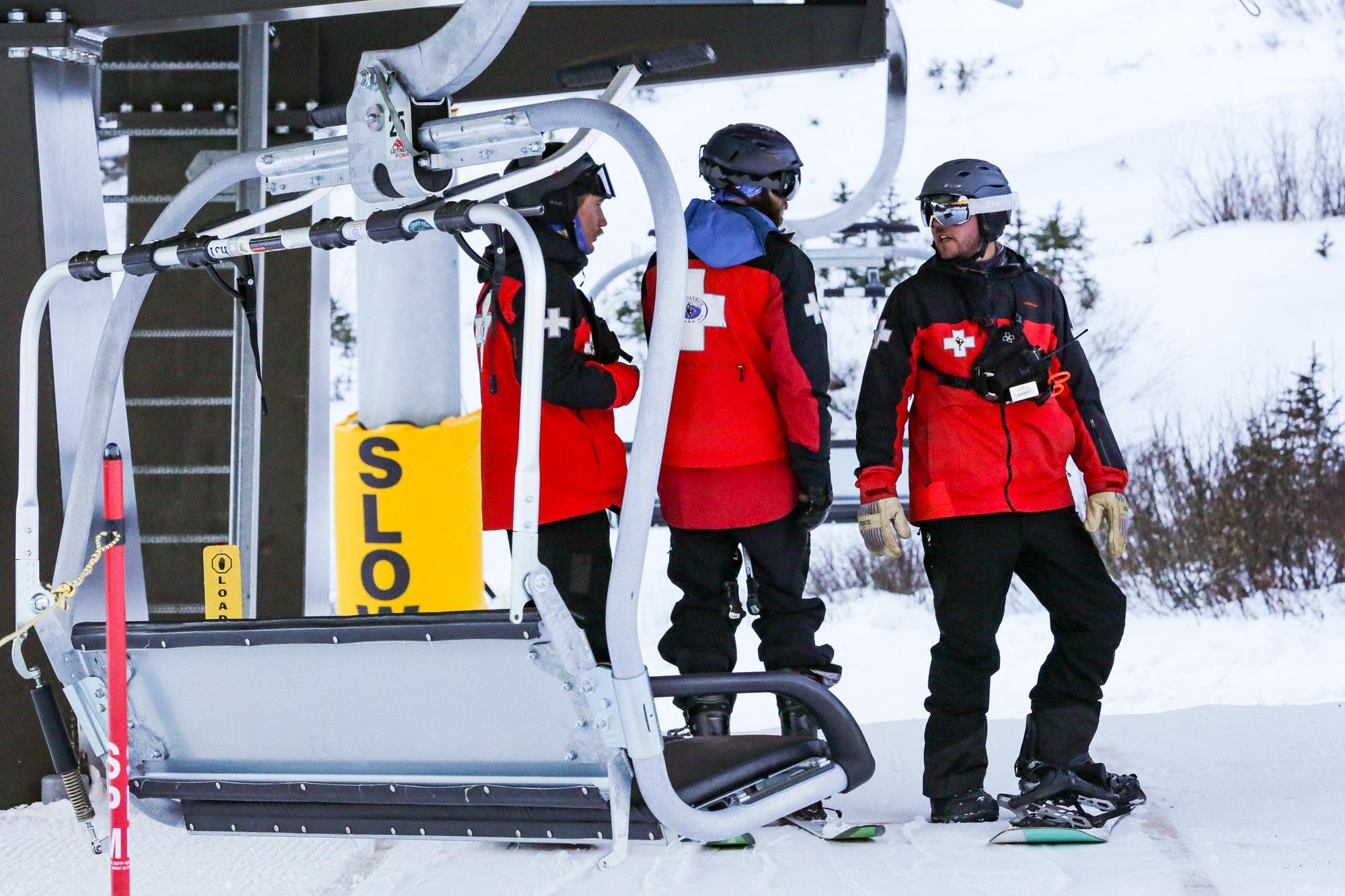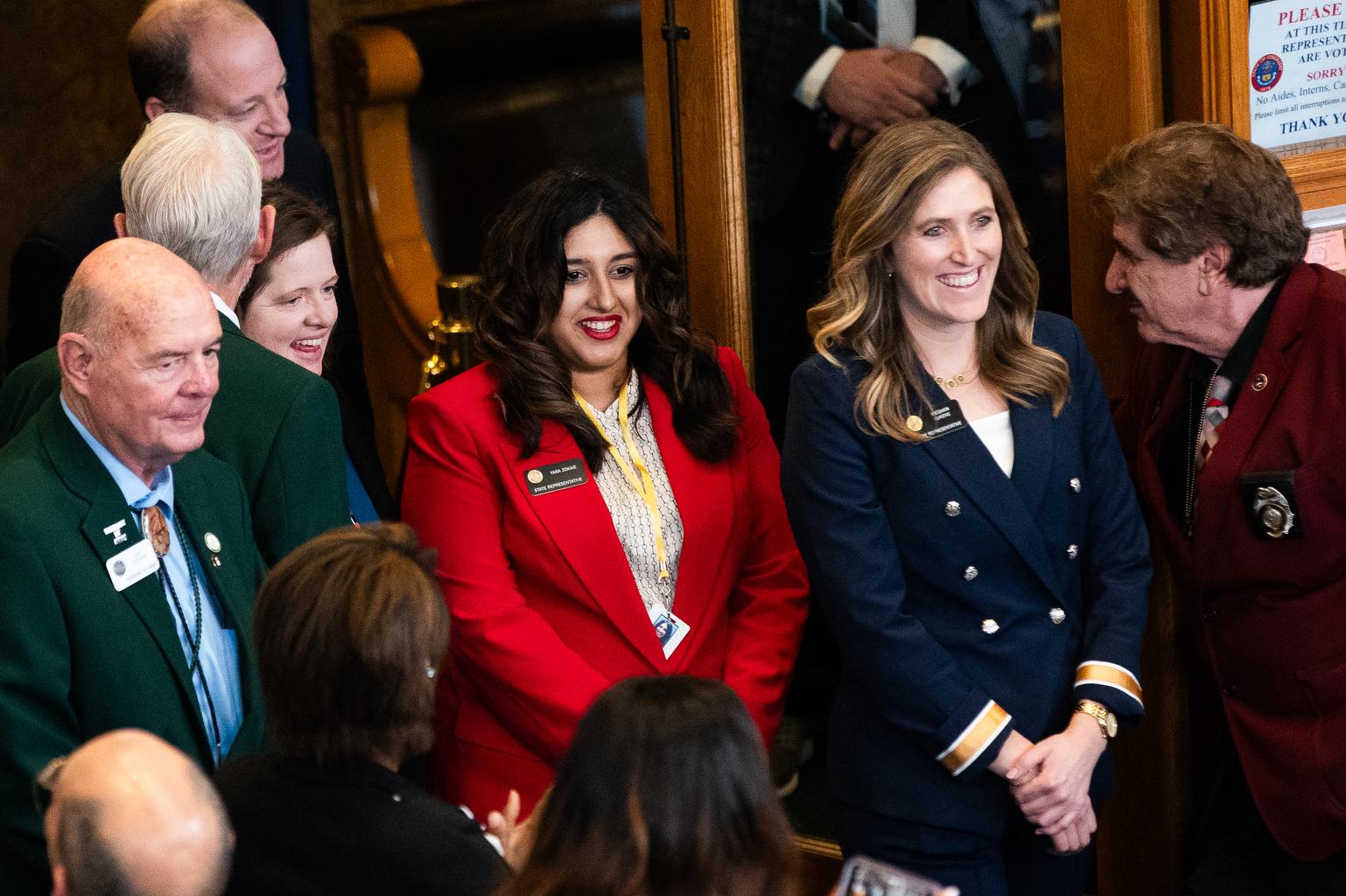
This year’s delegation of Colorado legislators now has two people who fall into the ethnic group MENASA, which stands for Middle Eastern, North African and South Asian; Iman Jodeh, a state senator who is Palestinian-American, and Yara Zokaie, a state representative who is Iranian-American.
When they fill out state forms asking their race or ethnicity, neither can find a box to check that represents them.
So on January 13, Jodeh, who represents parts of Aurora, introduced a bill, Racial Classifications on Government Forms, currently marked as “Under Consideration.”
If passed, it would create “a requirement that a government form that requests disclosure of the race or ethnicity of the individual completing the form include a space to indicate that the individual's race or ethnicity is Middle Eastern, North African, or South Asian.”
Both legislators have personal reasons for wanting a new box to check.
Yara Zokaie is a 33-year-old daughter of immigrants from Iran who worked as a tax lawyer and deputy tax assessor for Larimer County before getting elected – she took office in January 2025. She grew up in California and said she was the youngest person in her law school class at the University of San Diego. She moved to Colorado with her husband, who is from Windsor, about 10 years ago, and together they have three sons, ages 1, 5 and 8.
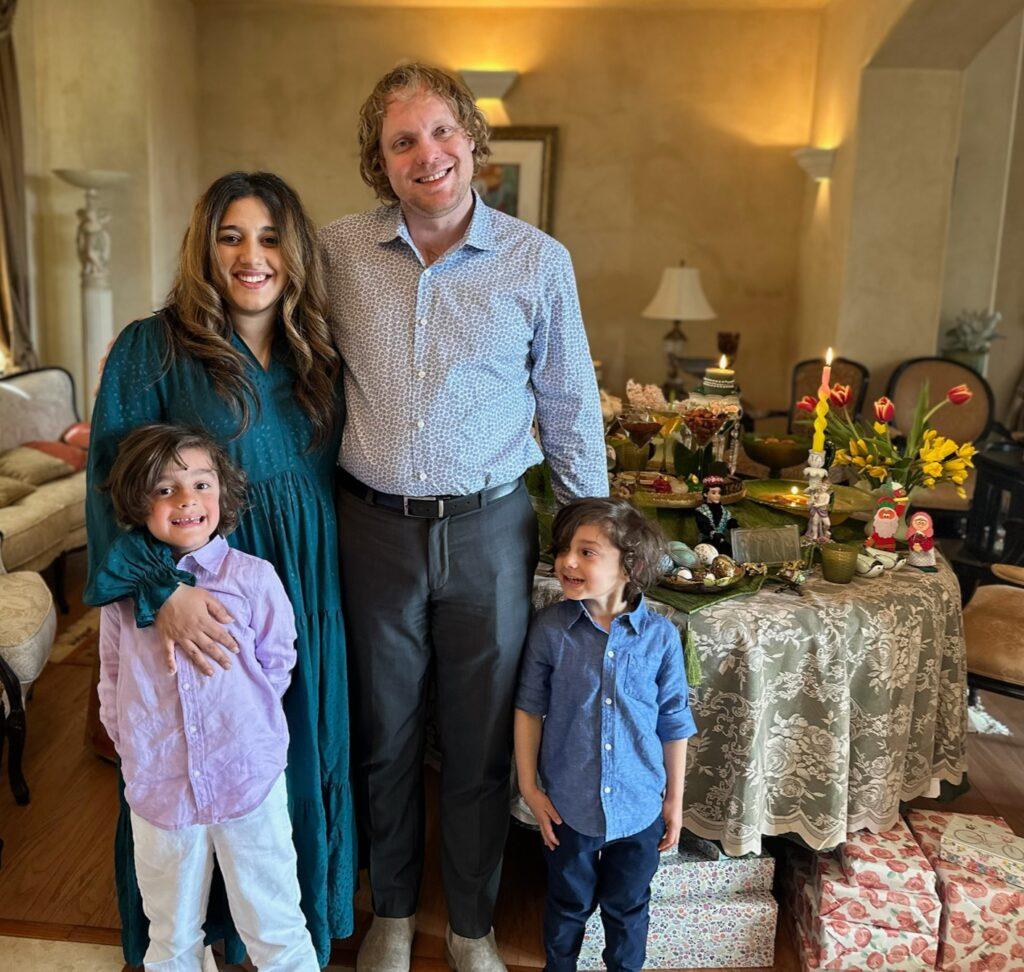
Now, she is serving as a state representative for south and east Fort Collins. During her campaign, she found a small but tight-knit Iranian community to bond with. When asked the size of it, her reply showed the purpose of the bill.
“Yeah, I wish I could answer that for you,” she said. “But we don’t collect any demographic data, so I do not know, but hopefully we’ll know that soon.”
The lack of a box for people of her ethnicity to check led to her getting on board with Jodeh to support the legislation. Although Jodeh is listed as the bill’s sole sponsor, Zokaie will sponsor the bill on the House side. The bill is only one page long, and besides the introduction, it simply states:
“The bill requires a form issued by the state or a local government that requests that the individual completing the form disclose the individual's race or ethnicity to include, in addition to spaces for any other racial or ethnic categories required by the federal office of management and budget, a space to indicate if the individual's race or ethnicity is Middle Eastern, North African, or South Asian.”
The next step for the bill will be assigned to a committee based on subject matter before being debated.
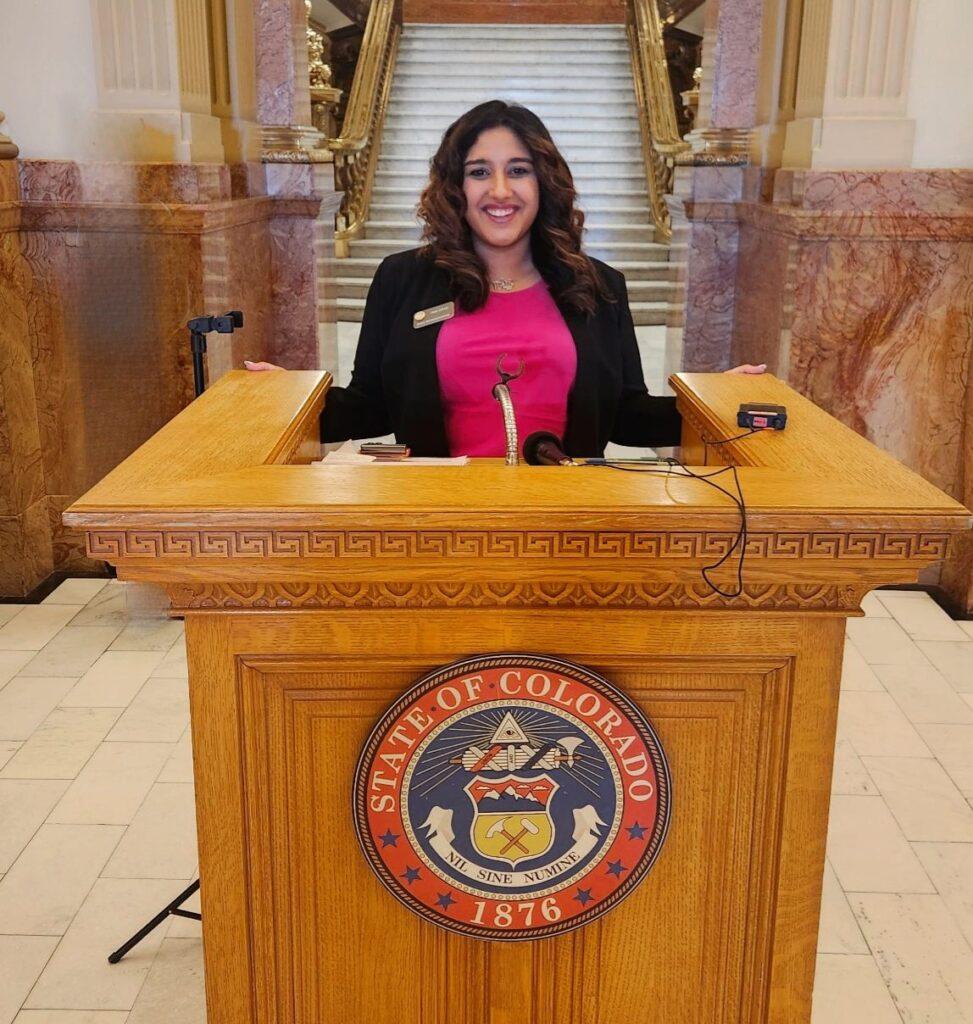
It’s one of the first actions taken up by the MENASA affinity group the two of them formed within the State Legislature and are currently the only members of, and it’s a way for them to push for the gathering of data for their own communities, their constituencies and themselves.
“We are running a bill currently to add a Middle Eastern designation on forms,” Zokaie said. “We don’t see that currently, so I usually have to check the box for ‘Other’ or I’ve been told to check the box for ‘Caucasian,’ which truly does not capture our community.”
One reason the capture of that data is important: “We don’t know where there’s disparities as if we just don’t exist,” she said. “Think about any time you’re filling out a state form or if you’re even at the doctor's office, we collect all this demographic data in order to see where we might have worse outcomes for certain demographics. And the Middle Eastern community is just not accounted for in that at all.”
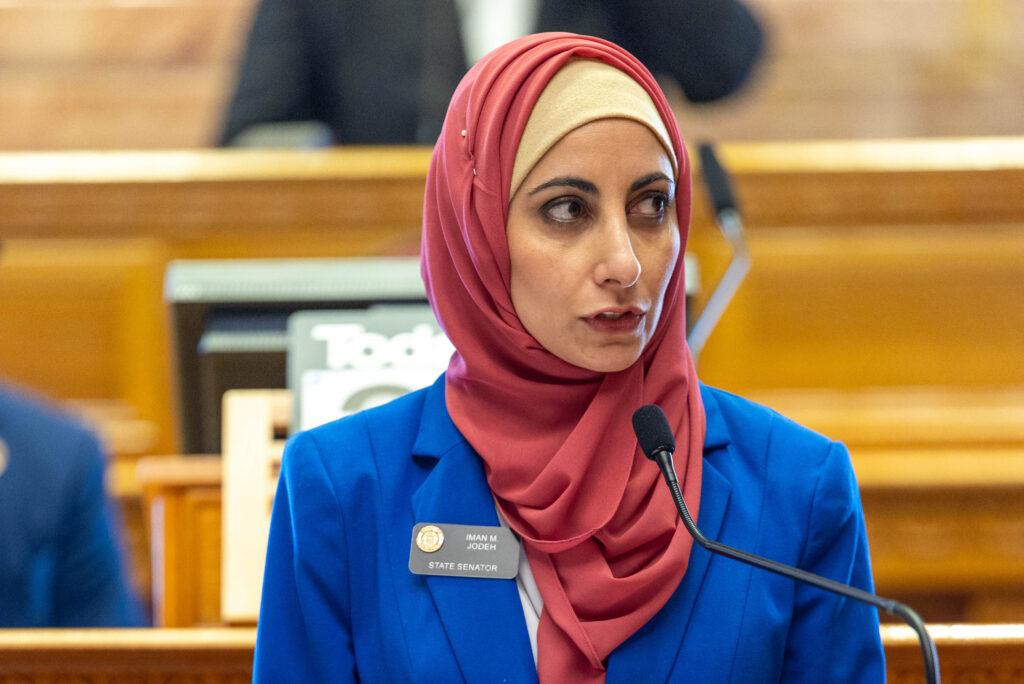
Jodeh, 42, has a background that, while different from Zokaie’s, also gives her a personal attachment to the bill. She is Palestinian-American and grew up in Aurora as one of four siblings. Her mother was born in the West Bank and her father was born in Jerusalem. He came to the US, then went back home, married her mom, and they returned together. Her father is the co-founder of the Colorado Muslim Society, the oldest and largest mosque in the Rocky Mountain Region, and he served as the Muslim chaplain at the maximum-security prison in Florence. Jodeh is Muslim and does not usually wear a Hijab, but wants to be able to feel counted and included as a person with an identity that’s not considered “other.”
She said: “When I worked with the census a few years ago, I had to tell folks, ‘You understand that I have to go to my community and tell Black Muslims from North Africa to either check ‘other’ and technically not be counted?’”
When asked what about Black Muslims from North Africa checking the box marked “Black,” she said that also was not inclusive.
“They could, but I think the way it’s written is African-American. And so if you really wanted to sit in your identity, you should be counted as your identity,” she said. “Knowing that there are so many other categories that distill down identity on the census, being left out of that and simply not counted is not fair. And so when we do check ‘other,’ I don’t feel like I’m counted. So when we founded the MENASA caucus, one of the things that we wanted to do was make sure that people were counted – that we did have a sense of how many people who identify from the MENASA region live in Colorado.”
That number, while not yet known, must be significant: “Just having lived in the district [I serve in South Aurora] my whole life and having five mosques in my district,” she said, “there’s a substantial number of folks who probably identify from the MENA/MENASA region.”



